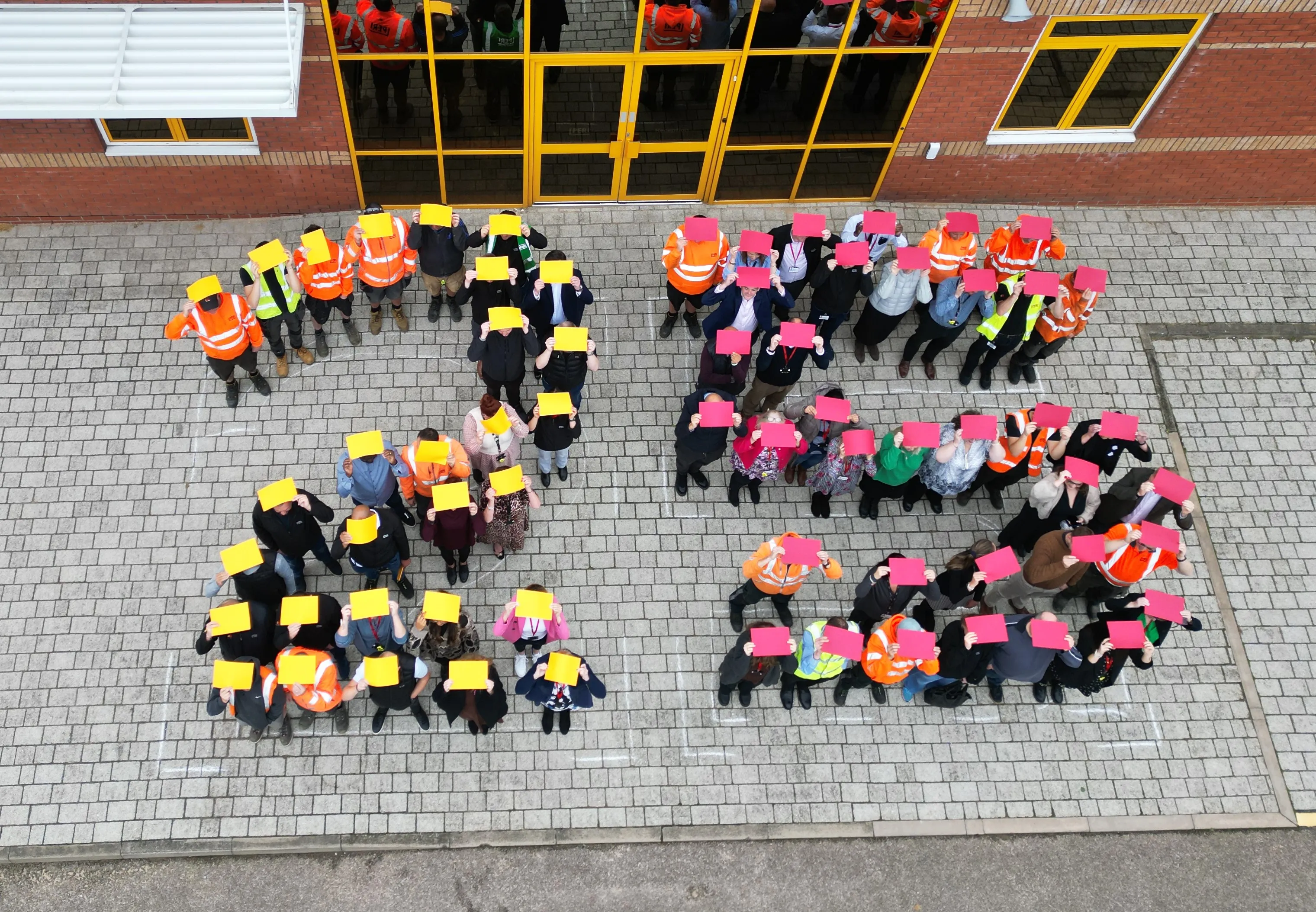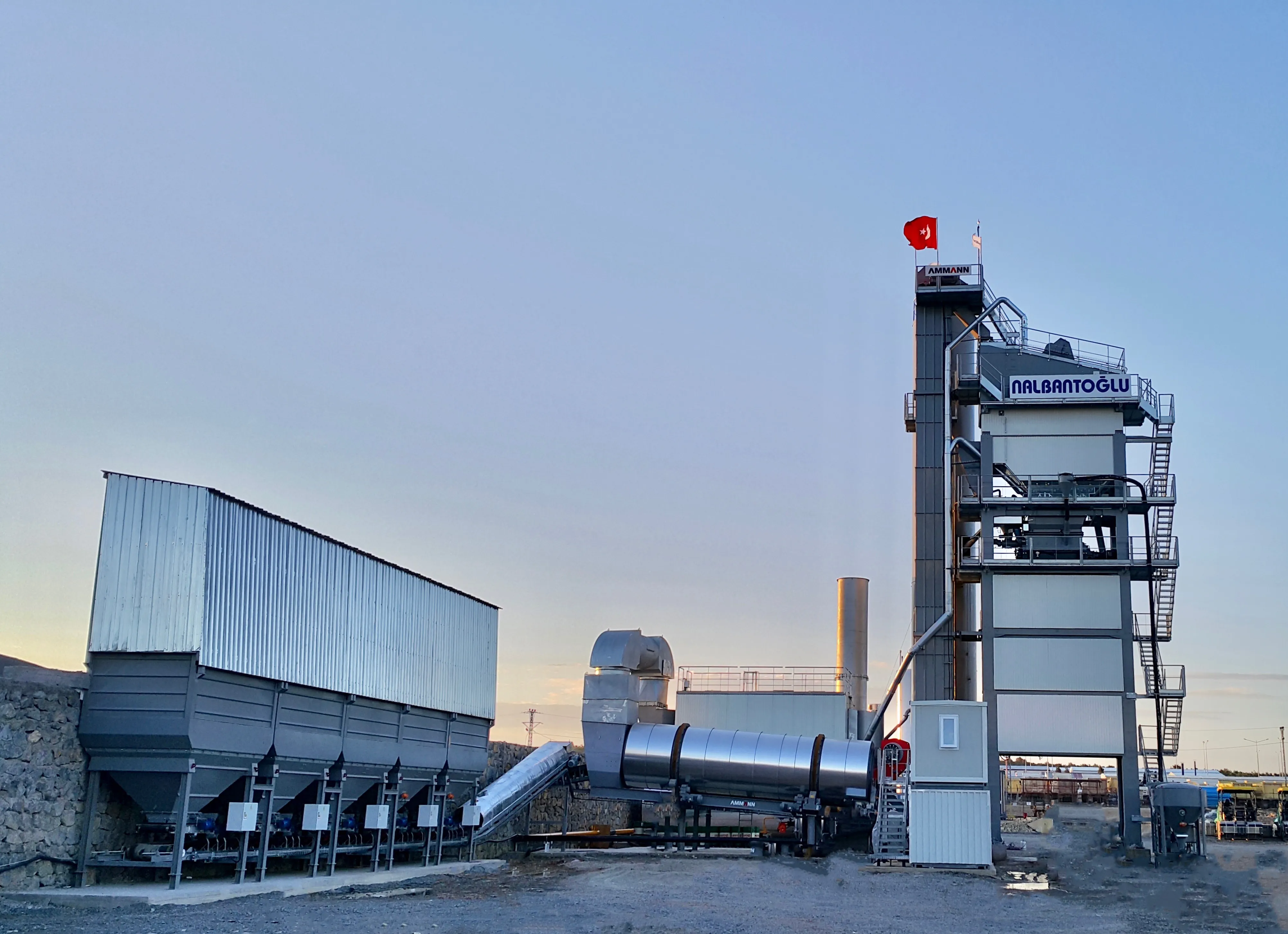“It is very automated, there will be a very small team required to operate the plant,” said Paul Kimber, divisional manager – PolyBitumens, Eurovia UK. PolyBitumens is the name of the manufacturing facility. “The safety and quality systems are the best in the industry.”
The UK Member of Parliament for Thurrock, Jackie Doyle-Price, officially opened PolyBitumens, which is Eurovia UK’s biggest ever capital investment - in March this year. The plant was constructed during 2018.
PolyBitumens will serve road schemes in southern England, the Home Counties and Greater London. Currently, polymer modified bitumen and emulsion come from plants in the North-west of England. According to Eurovia, the new plant will save 470,000 vehicle miles each year.
The planning application for the plant stated there would be 35 lorry movements in and then out again during the peak season from May to early September. This would drop to just two in, two out in the coldest months.
Through its Ringway business, Eurovia UK is involved in multiple highway maintenance and PFI contracts around the UK. Also part of the group is Eurovia Infrastructure, a road contracting, specialist surfacing contracting and asphalt production business.
“The idea behind the whole PolyBitumens plant is to allow us to manufacture our own emulsions and polymer modified bitumens that will support our own roadstone business and also our specialist treatment business,” said Paul Goosey, managing director – Eurovia Production.
Eurovia’s big investment for PMBs in the UK
Eurovia UK, part of the Eurovia SAS and ultimately VINCI SAS, has invested £7 million in a new polymer modified bitumen and emulsion plant in Thurrock, by the River Thames in South-east England. Having drawn on technology and experience from other plants around Europe and in the US, Eurovia claims that the plant is the group’s most advanced yet.
“It is very automated, there will be a very small team required to operate the plant,” said Paul Kimber, divisional manager – PolyBitumens, Eurovia UK. PolyBitumen
May 15, 2019
Read time: 2 mins









